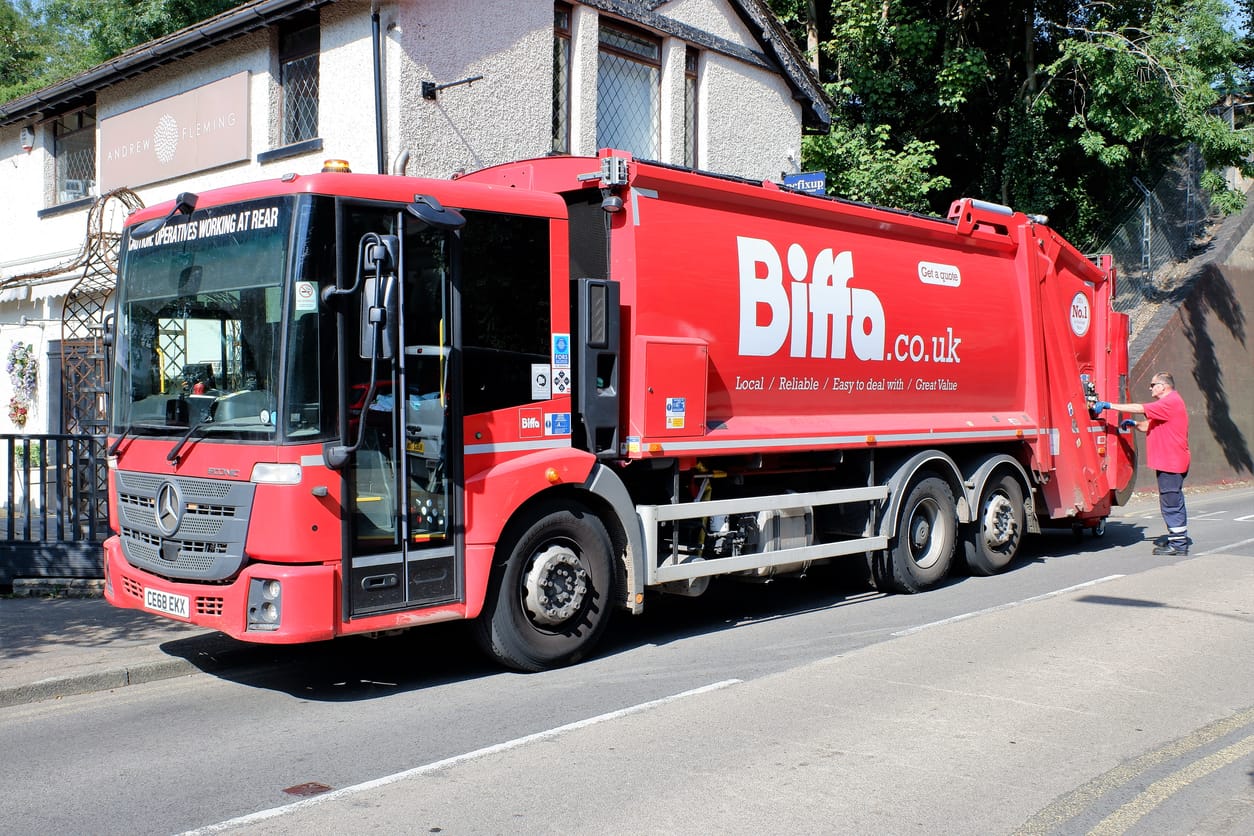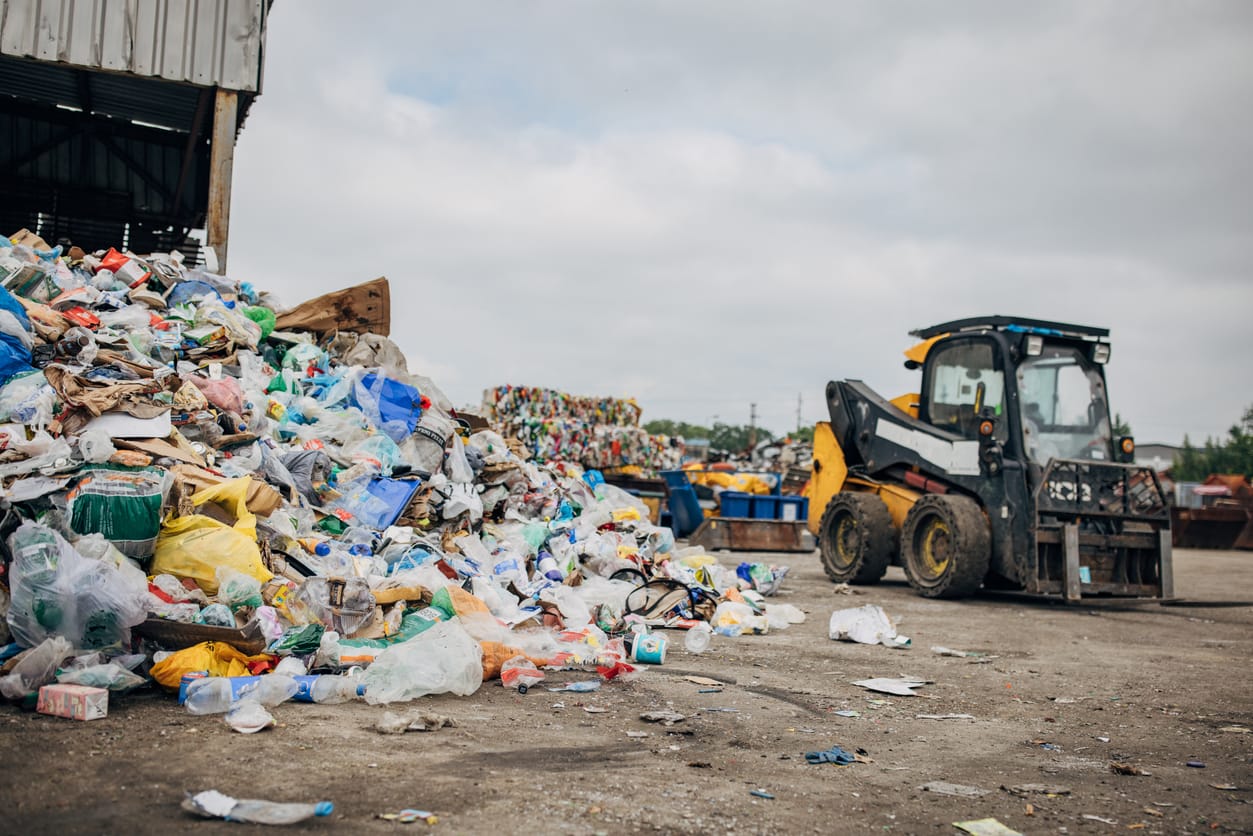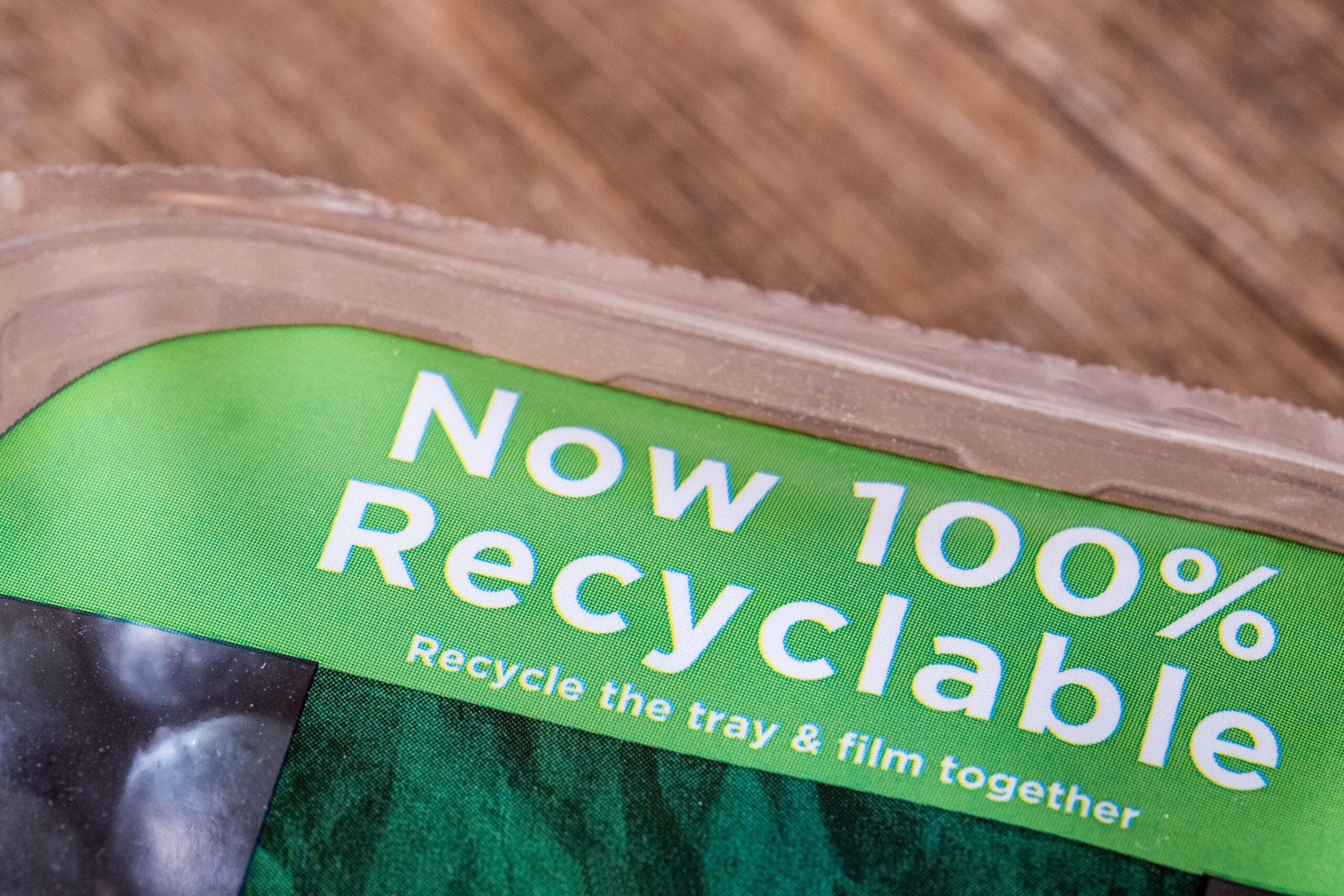Pick from our related articles...
You can find us on
Keep yourself up to date with Let's Recycle It latest news
The UK’s Most Problematic Plastic Waste Streams
It could be argued that the public have been misled on the recycling recovery rates of the plastic waste from daily-use products.
Plastic Waste
When we stroll off to our myriad of recycling bins to deposit our plastic waste for recycling, how sure are we that what goes in the bin is actually recycled? The truth of the matter is that a fair percentage is recycled – such as PET bottles, HDPE detergent bottles, LDPE film and clear PET trays – but there are other problematic waste streams that currently are not.
At Let’s Recycle It, we recycle large quantities of the of the easy-to-recycle streams of plastic waste, but we also commit real time, cost and effort into dealing with the more difficult streams as well. The issues we face are largely due to the fact that most of these troublesome plastics are banned from being exported, and that it is extremely challenging to find suitably ethical and sustainable end processors for them. Many of these materials require specialist processing capabilities to be effectively recycled and these are not widely available in the UK.
However, through legislation and a firm persuasive approach we can encourage food manufacturers and packaging producers to move away from the worst offending materials, such as mixed polymers and laminates.
Single-Use Plastics
Single-use plastics have been with us for decades. Why? Mainly due to cost. It has been easy enough to avoid the conversation around sending this waste to landfill and quietly keep on in the same old routine. However, we are at the point now where this absolutely needs to stop for the sake of our future and the future of generations to come.
Problematic Waste Streams
One of the main uses of single-use polymers is in food packaging. This may be in the form of PET films which are often coated in various barrier types, such as nylon, to preserve the shelf life of the foods we consume. These laminate films have traditionally ended up in landfill, but in recent years they have found their final home in waste-to-energy facilities to provide energy to major cities
The trays in which the food sits are also problematic. These trays are usually PET; PET is recyclable, but until not too long ago the trays were black or brown; this often caused issues for the hard-working recycler. More recently, there has been a concerted effort to transition over to clear PET, which is a welcome change. However, we are still nowhere near the point of recovering all of this material, so we are still yet to really solve this problem.
Items such as crisp packets and confectionary wrappers are also difficult to recycle; we do have some indication that this is set to change over the next decade, but we need to force this issue to bring about a solution more quickly. For the sake of recyclability, consumers should be mindful when mixing these problematic materials in with high-yield plastic waste.
PVC has for a long time been a problem. Recyclers are able to process PVC plastic waste, such as window frames and guttering, but the issues arise when the PVC is mixed with other polymer streams before or during the sorting and granulation processes. Recently, there have been changes made to the way we handle PVC waste; under new 2021 amendments to the Basel Convention, PVC is classified as a Y48 plastic. This means prior informed consent must be obtained in order to move this material into and out of the UK for recycling.
Due to the chlorine content, which is the ‘C’ in PVC, this polymer can produce volatile gases when being melted. The general consensus is that PVC will be phased out over time, but just how much time this will take is the point to consider. If left to happen of its own accord, we could be waiting decades; we need to begin pushing PVC out of the economy now.
ABS is another problematic material; this polymer was once widely used in household products like television casings until the associated health risks came to light. It was discovered a few years ago that during the recycling process, ABS releases carcinogenic toxins. Since this discovery the use of ABS has declined significantly, as has the number of processors who will take it. Being difficult to recycle is not the only issue with ABS; there used to be several companies in the UK that specialised in processing this material, and the news of the potential harmful effects to humans reduced ABS consumption so dramatically that many of these processors went out of business.
Benefits of Plastic
We should not be striving to reduce our use of plastic to absolute zero; plastic is too beneficial to society to be able to do away with it completely. A perfect example of this is the last year and a half we have spent in the coronavirus pandemic. Plastic has been absolutely vital in us being able to produce high-quality PPE and other medical equipment quickly and cost-effectively. As well as this, without plastic the food on supermarket shelves would be far more expensive and have a far shorter shelf-life.
The main goal here is to sever our dependence on single-use and virgin plastic products. It takes vast amounts of energy to manufacture virgin plastic, not to mention the extraction of the fossil fuels to produce these plastics in the first place. Plastic will not be un-invented; the task before us is to push businesses and governments to revisit the manufacturing process in order to develop more sustainable options going forward.
If we can reach the point where we are recycling the majority of our plastic waste, this will cause a dramatic reduction in the demand for virgin polymers. This will have the knock-on effect of reducing energy consumption, greenhouse gas emissions and plastic pollution.
Here at Let Recycle It, we are happy to discuss recycling options with anyone who has questions or who is facing obstacles in this field. We offer impartial advice as to the most cost-effective way in which you can handle your waste materials that also assists in the global pursuit to protect the environment for the generations yet to come.
Follow us to stay up to date on our latest news
If you would like to receive our newsletter to keep up to date with Let’s Recycle It news and to receive marketing information regarding our services, please let us know:


